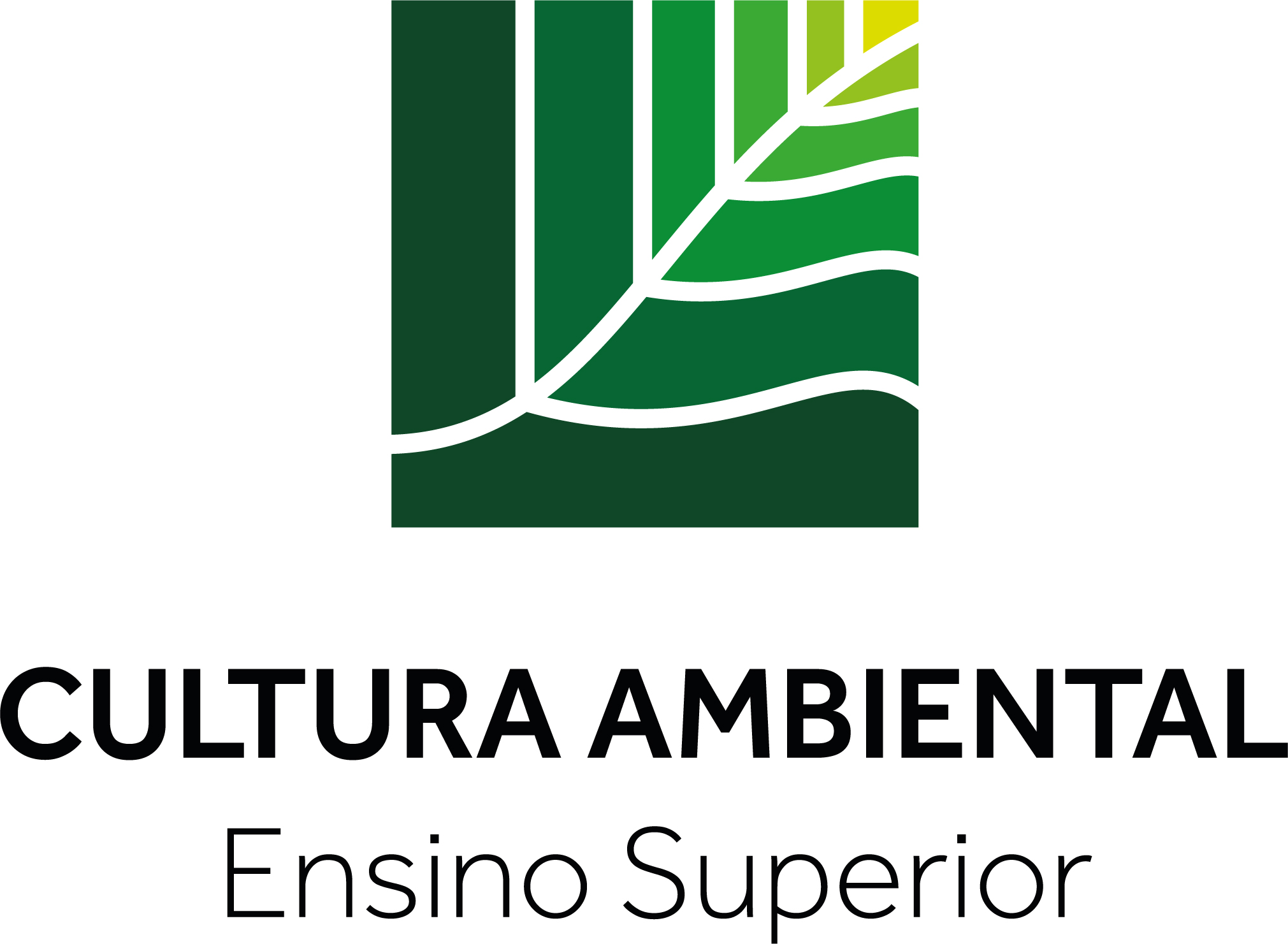
Our proposal aims is to provide a better understanding of the environmental literacy (EL) progression in Portuguese higher education and contribute to its improvement, placing for research the characterization of EL and Environmental Culture (EC) levels and evolution and the variables that most influence these results, namely the grade of incorporation of the EC, and give guidelines for better performance. To this end, we have assembled a multidisciplinary team with competence and experience in Education and Environment, with researchers from 8 Higher Education Institutions (HEI), from north to south of Portugal, including Madeira and Azores islands. At the end of this project, we hope to know the EL profile of higher education students and trace their evolutionary profile during higher education. We also intend to identify the most determinant variables (predictors) in the evolution of EL, evaluating and correlating with EC indicators and variables intrinsic to higher education, besides the socioeconomic and demographic aspects of the participants. Thus, identifying the main predictors of EL, we intend to define guidelines for an innovative and practical approach to environmental education (EE) in HEIs, to be presented through a guide of best practices, and directly in the courses and HEIs integrated into the project. The methodology to achieve our objectives was structured and detailed in a work plan, providing alternatives to overcome difficulties that may arise. First, for each of the HEIs included in the study, a sample of first-year students from different degree courses will be selected, and a survey will be carried out to characterize their EL profile and gather their socioeconomic and demographic data. The same students will be approached again in the middle and end of their degree courses. A similar questionnaire will be applied to teachers. Additionally, according to a set of reference criteria, the levels of environmental sustainability of curricula and campuses will be characterized through, among others, the analysis of programs, questionnaires, and interviews. The collected data will be submitted to statistical analysis, including the correlation between the variables and the levels of EL, and the results, main conclusions and guidelines will be released. The present study will contribute to understanding at what level of EL students reach higher education and the influence of the HEIs in their evolution, providing the identification of the best approaches and strategies to provide more effective results in the face of the current ecological environment crisis.
